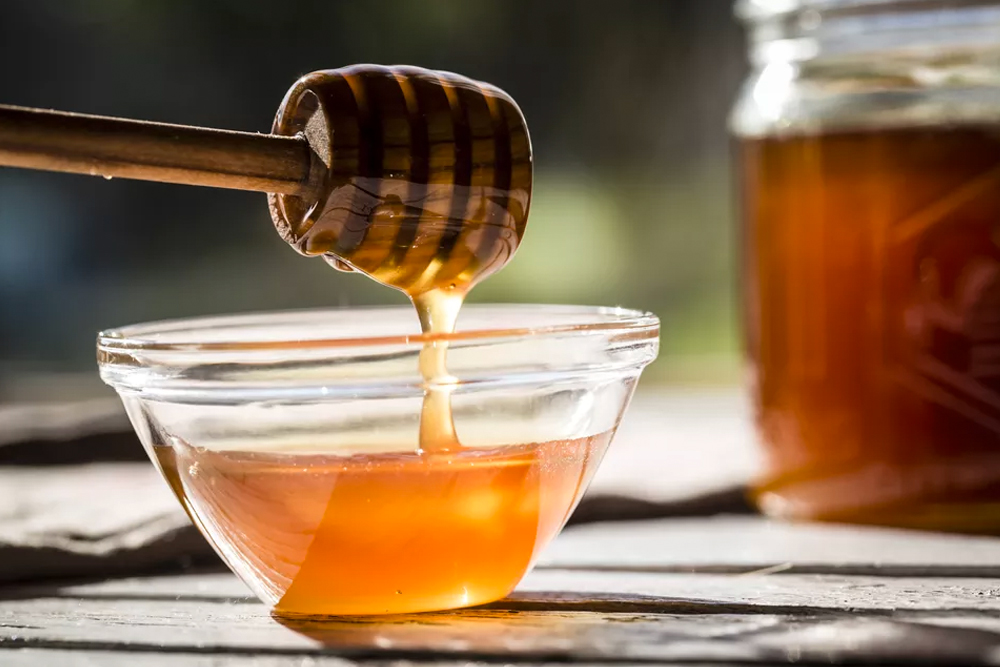
According to the World Health Organization, Saudi Arabia ranks 7th when it comes to diabetes rates, and the metabolic disease continues to affect nearly 10 million people in the Kingdom each year. In addition, diabetes, characterised by elevated levels of blood glucose (or blood sugar) that results from the body's inability to produce and/or use insulin, is continuously on the rise across the world. This makes it more important than ever to think about ways to prevent undiagnosed Type 2 diabetes, known as “the silent killer” and more.
Those who suffer from diabetes, which can lead to serious damage to the heart, blood vessels, eyes, kidneys and nerves over time, know all about the struggles of regulating the body’s sugar levels. One reason it’s so challenging is that sugar isn’t just found in the confectionary and cakes we enjoy, but in everyday staples like bread as well. Yet for regular or pre-diabetic consumers, regulating the body’s sugars is often a non-issue. And the combination of the prevalence of high levels of sugars in our foods combined with our uninformed eating habits leaves us more likely to be exposed to diabetes and cardiovascular disease than ever before.
Finding substitutes for sugars in our diet can pose a lot of difficulties, because often these substitutes simply do not meet our bodies’ desires for glucose and sucrose consumption. When we attempt to use artificial sweeteners, our bodies cast-off the taste and flavour. And without knowing how much sugar our bodies guzzle on a regular basis, we often expose ourselves to dangerous sugar level fluctuations, spiking our blood sugar and dramatically changing our insulin production.
In order to protect our health, we need to become more conscious of how sugar is introduced into our diets. While we don’t need to completely eliminate sugar, in many instances regulating our sugar intake can lower our risk of diabetes.
The Benefits of Honey

One of the best sugar substitutes for preserving flavour and delivering a swath of health benefits is honey. The sweet-tasting, thick, golden liquid is rich in antioxidants and comes with a chemical make-up that offers an array of immunity boosting benefits. However, most importantly, honey is made up of sugar complexes that are much easier for your body to consume. Countless studies around the world have demonstrated honey, which contains the sugars glucose and fructose and is made from nectar by industrious bees, is much easier for the body to digest and process without causing the same stress to the body’s sugar levels. This is increasingly promising for diabetics and sweet-lovers alike. Although honey is certainly not a cure for sugar-related health issues, it is an amazing alternative for unhealthy sugar sources, a natural energy booster and can increase metabolism levels thanks to its natural enzymes content.
As with most things, it is crucial to source authentic, pure honey. In fact, the risks posed by impure or altered honey can cause even more health issues for people eating it. The complex science behind bee honey, which begins with a flower’s nectar, is a natural process that cannot be replicated or substituted.
















